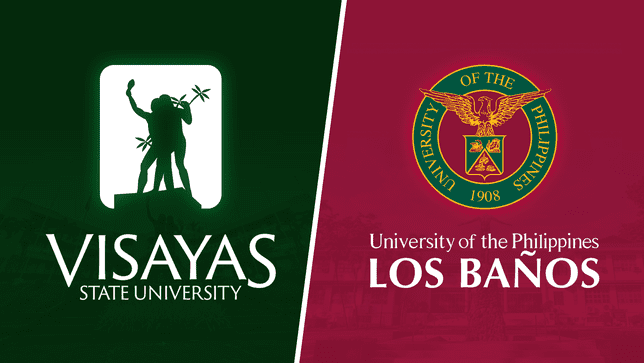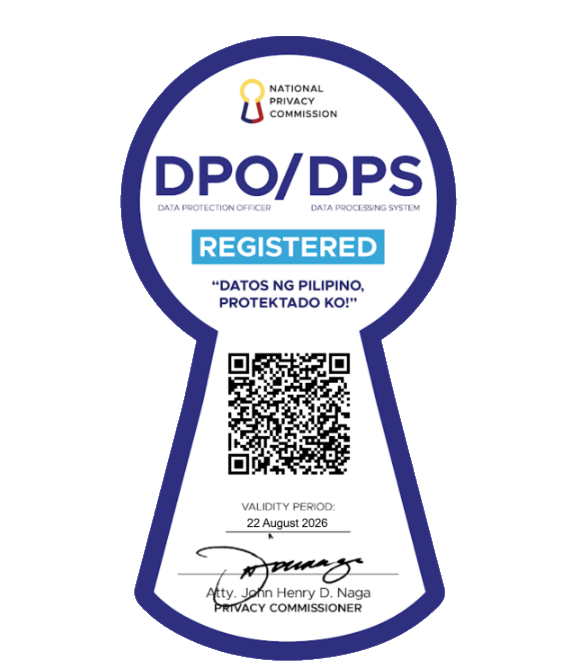VSU, UPLB seals partnership for cave research and ecotourism in Calubian, Leyte
- Details
- Written by Victor S. Neri
-
Published: 10 October 2025

The Visayas State University (VSU) and the University of the Philippines-Los Baños (UPLB) have formally entered into a partnership to conduct scientific studies on caves in Calubian, Leyte, with the goal of advancing biodiversity conservation and guiding sustainable ecotourism in the municipality.
The research initiative, funded by the Department of Science and Technology–National Research Council of the Philippines (DOST-NRCP), brings together leading experts in biodiversity, ecology, and environmental management to generate much-needed data on these unexplored cave systems.
The program focuses on seven unclassified caves located in Barangays Cabradilla, Kawayanan, Pates, and Tuburan. These caves, long known to local communities but lacking scientific documentation, will now be systematically studied for their biodiversity, hydrology, and ecological potential.
UPLB leads the initiative through its Museum of Natural History (MNH) and School of Environmental Science and Management (SESAM), while VSU will participate through its Institute of Tropical Ecology and Environmental Sciences (ITEES), Faculty of Veterinary Medicine (FVM), Department of Biological Sciences (DBS), and Department of Biotechnology(DBt).
Research activities will cover a wide range of disciplines. Geological and hydrological studies will assess the physical features of caves, including the Kinubkoban Cave, to understand structural integrity, water quality, and potential risks from pollution.
Ecological surveys will focus on plants, arthropods, and other wildlife to build a baseline inventory of species diversity, with special attention given to endemic and threatened organisms.
A microbial study will examine the unique cave microbiome, which will open opportunities for future applications in medicine, agriculture, and biotechnology.
In parallel, carrying capacity assessments will be undertaken to determine how many visitors these caves can sustainably accommodate without causing damage to the delicate environment.
The outputs of this program are expected to directly support the local government of Calubian in crafting policies that balance conservation and tourism.
With caves increasingly promoted as ecotourism destinations in the Philippines, scientific studies such as this will help ensure that economic opportunities from tourism do not come at the expense of ecological damage.
VSU, with its long history of ecological and agricultural studies in Eastern Visayas, will provide local expertise, field support, and connections with communities. Meanwhile, UPLB will bring in decades of experience in biodiversity research and environmental management.
Ultimately, the partnership aims not only to conserve biodiversity but also to empower local stakeholders in Calubian to see their caves not just as hidden treasures but as natural assets that, when protected, can provide both ecological resilience and sustainable livelihood opportunities.
This article is aligned with Sustainable Development Goal (SDG) 14: Life Below Water; SDG 15: Life on Land, and; SDG 17: Partnership for the Goals.


